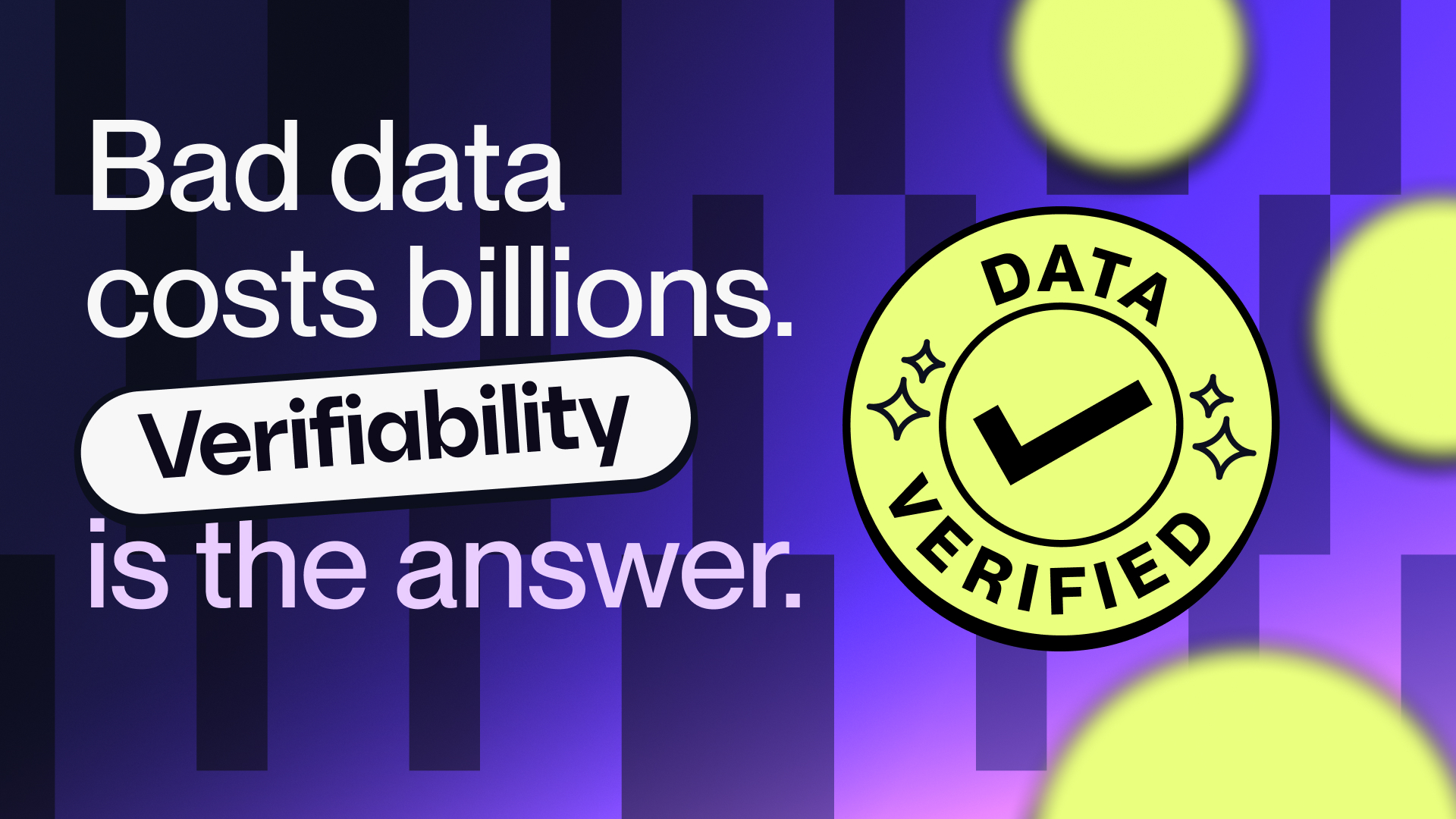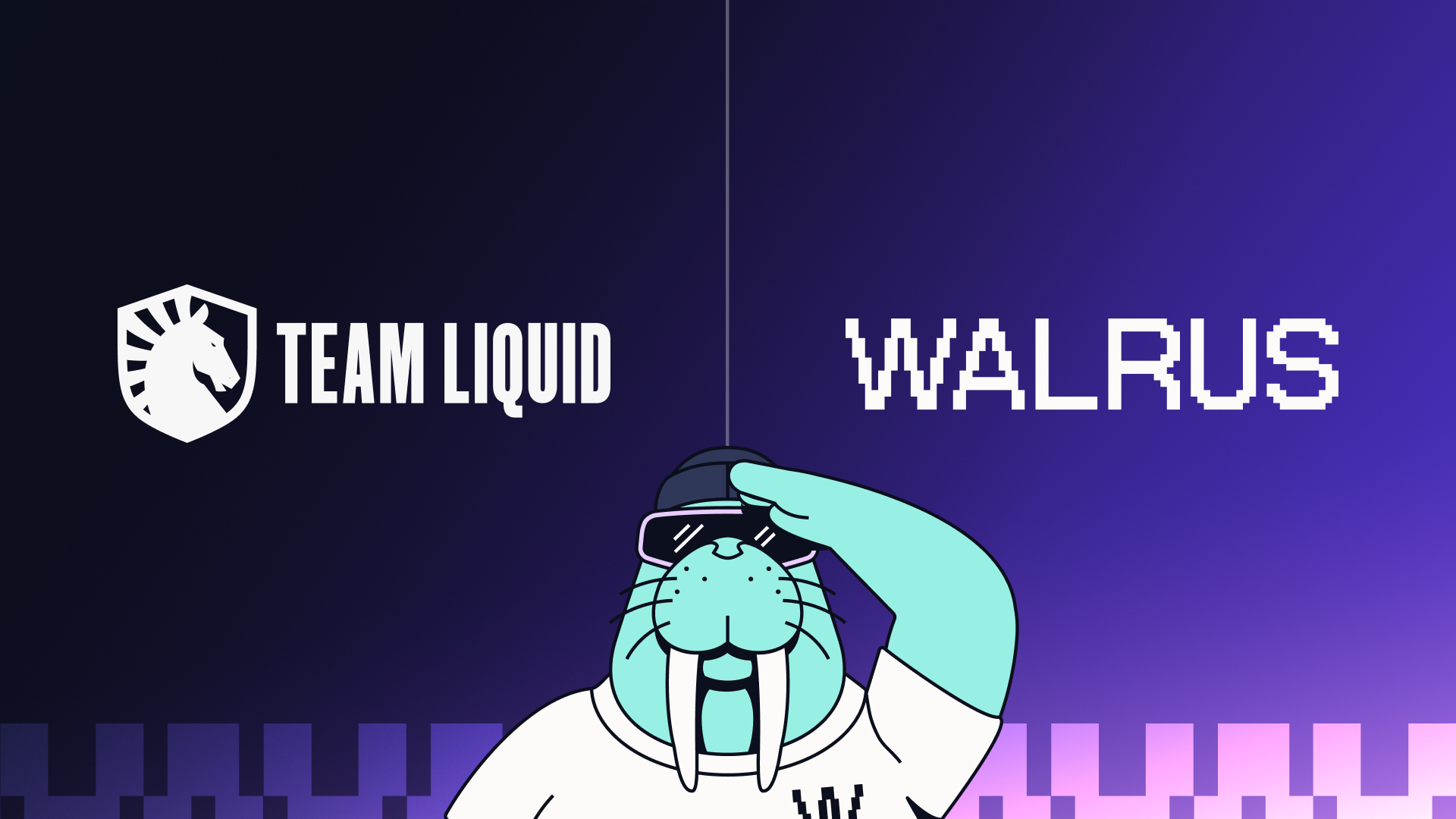TradePort Leverages Walrus to Create an Advanced NFT Marketplace
Trade, create, and build NFTs, using Walrus’ decentralized storage platform to unlock improved performance, programmable features, and scalable capacity.
.jpg)
TradePort's NFT platform lets users trade, create, and build NFTs and applications. TradePort aggregates all listings and bids from every marketplace on the chains it supports, giving traders and collectors the tools they need to find the best price on NFTs. It also gives creators the ability to easily launch NFT editions and collections through a no-code launchpad, removing technical barriers for artists.
Challenge
Dedicated to decentralization, TradePort relied on IPFS to store its NFT image files. However, the company found issues with network congestion and inconsistent data availability, leading to lag affecting when NFTs could be viewed. Workaround gateways such as Pinata relieved congestion, but added overhead cost. As TradePort's NFT listings grew, IPFS did not scale well, requiring the company's engineering team to continually tune the platform to remain performant.
Solution
Building on Walrus’ decentralized storage platform, which offers scalability by default, lets TradePort store and retrieve large volumes of NFT metadata and user-uploaded content without worrying about capacity planning. The fact that Walrus seamlessly integrates with high-performance cloud storage solutions ensures faster and more predictable data retrieval for TradePort's NFT libraries and other data. Compared to maintaining IPFS nodes, Walrus' API-driven system simplifies TradePort's infrastructure management.
"We chose Walrus because it bridges the gap between decentralized ideals and real-world performance. Its seamless integration with cloud storage and compatibility with Sui smart contracts empowers us to build scalable, dynamic, and innovative features for our users. Working with the Walrus team has been a fantastic experience—they truly understand the needs of modern Web3 projects and have helped us unlock new possibilities for TradePort’s growth."
— Daniel Fritsche. Co-Founder, TradePort
Why Walrus?
When TradePort began assessing Walrus, it found the network's balance between decentralization and performance delivered the scalability, resilience, and real world performance needed for the TradePort platform. Walrus' straightforward APIs reduced the development time needed for the TradePort team to build new features.
TradePort also looks forward to implementing dynamic NFTs with metadata that can evolve based on conditions defined in Sui smart contracts. Building on Walrus’ native programmability will allow TradePort to develop even more advanced features as their roadmap evolves—like automated asset curation, provenance tracking, or even the management of tokenized assets requiring offchain-to-onchain data, like real estate or loans.
Most importantly, Walrus' quick data retrieval translates to smoother and more responsive interactions for TradePort users.
By building on Walrus, TradePort has successfully overcome the limitations of traditional decentralized storage, achieving superior performance and scalability for its NFT marketplace while positioning TradePort to future-proof its storage for future innovations




